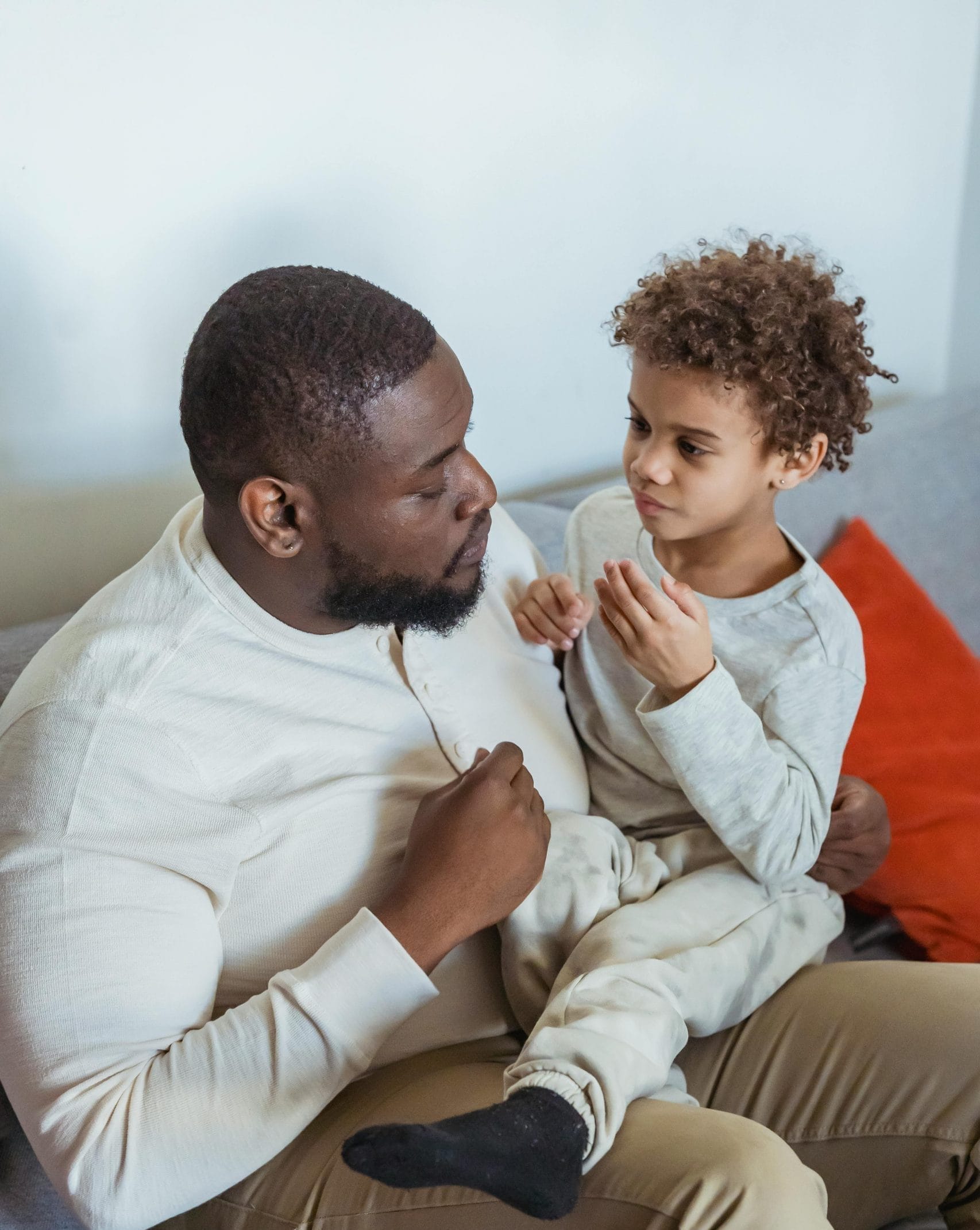It would be an understatement to say that it’s difficult growing up with a parent who struggles with a disability. It changes the way you view your parents, friends, and even your own health at times. In this two-part series, I’ll examine how this impacts different parts of a child’s life. In this first part, I will be looking at whether growing up with a disabled parent gives children empathy or resentment. Then, part two will address the fear of the future.
Are the Children of Parents with Disabilities More Empathic?
The relationship a child has with illness and disability is an incredibly circumstantial thing. Some grow up in nuclear households, where parents and siblings are able-bodied. Significant illness beyond the occasional doctor’s visit or injury is uncommon for them. Others grow up surrounded by illness or disability. It might make them more comfortable or knowledgeable in dealing with it. It could also have the side effect of making them more empathetic towards others who also have disabilities.
On the contrary, it could also be argued that this environment can foster anger and resentment. It’d be easy to look at other kids of a similar age or environment and think that they have it better without the presence of a disabled parent in their life. So, is there a way to guarantee how a child will end up feeling about disability regardless of their upbringing? And what would that even look like in practice?
My Relationship with Migraine and Disability
Migraine and disability were normal in my upbringing because my mom struggled with frequent, severe migraine attacks. She also dealt with migraine comorbidities as well as other medical conditions because of the different medications she had to take for migraine. It goes without saying that this impacted much of our day-to-day life. Hospital visits weren’t uncommon, and frequently my mom would have to spend time shuttered in her room fighting off debilitating pain, nausea, and light and sound sensitivity. Family plans always had a caveat to them in case they had to fall through, and sometimes, my siblings and I could tell that it would frustrate not only my mom and us, but also our dad. Any health issues my mom struggled with were generally communicated to my siblings and me. Not only did my parents not want to keep us in the dark about these things, but I was also a particularly nosey kid, which made it difficult to hide information! Not surprisingly, I grew up being well aware that chronic disease and pain affects every member of the family, not just the person struggling with it.
Should a Disabled Parent Be Transparent?
My mom’s tendency to be transparent about her health made things easier for me. It helped me to understand and be patient with her when a medical issue arose. However, it does raise an important question: Should parents be completely transparent about their health with their kids? How should this change as the children grow older? How much or how little should you withhold or share? There’s no clear answer for these questions of course, since every situation, family and child is different. What I can speak to, however, is how this transparency impacted me.
The communication I was given was helpful. If my mom seemed off or a plan suddenly got canceled, it was easier if I understood the reason why. It also made me more patient when others, such as friends or other family members, got sick. I would argue that communication with your child to any degree is helpful, whereas keeping them in the dark about the well-being of someone close to them can be scary and more negative. The unknown is generally not a friend for either adults or children. It’s healthy for children to be raised to know how people are doing, and what, if anything, they can do to help. Apart from anything else, experiencing sickness firsthand will teach them that this is a part of life for everyone at some point.
It Can Still Be Scary
The downside of this level of communication, and something I also experienced as a child, is fear and anxiety. For many parents it is easier to avoid talking about their health so that they don’t unnecessarily make their children feel worried or afraid. There’s also a strong argument for letting them enjoy being children without fear of sickness and disability. These are both good points. However, I think striking the right balance in communication becomes important if these concerns arise. What’s important to remember is that fear and anxiety are both normal responses to things like sickness, and there are healthy coping mechanisms that you can share with your children. Also, children can generally sense when things are not right, even if nothing is being said. Open communication can play a big role in helping them feel loved and secure. In the second part of this series, I’ll take a closer look at this. We’ll be looking at how the fear and anxiety of this environment can make an impact, for better or worse.
Let Us Know!
When you were growing up, did one or both of your parents live with a health disability like migraine? If so, what was that like for you? If you are a parent, how do you, or did you, decide what to tell your children? Do you think that worked, or do you wish you had done things differently? Let us know in the comments!